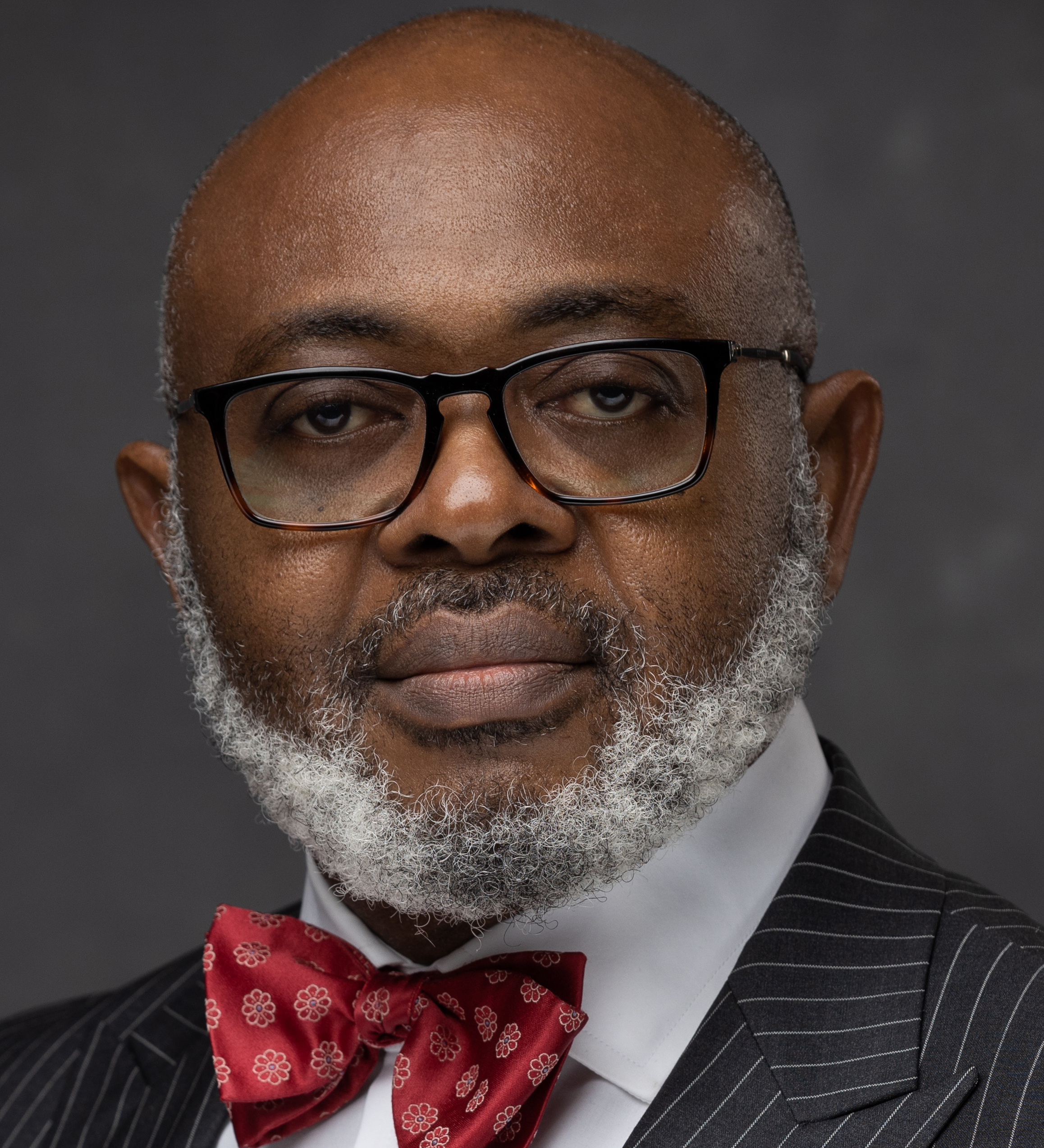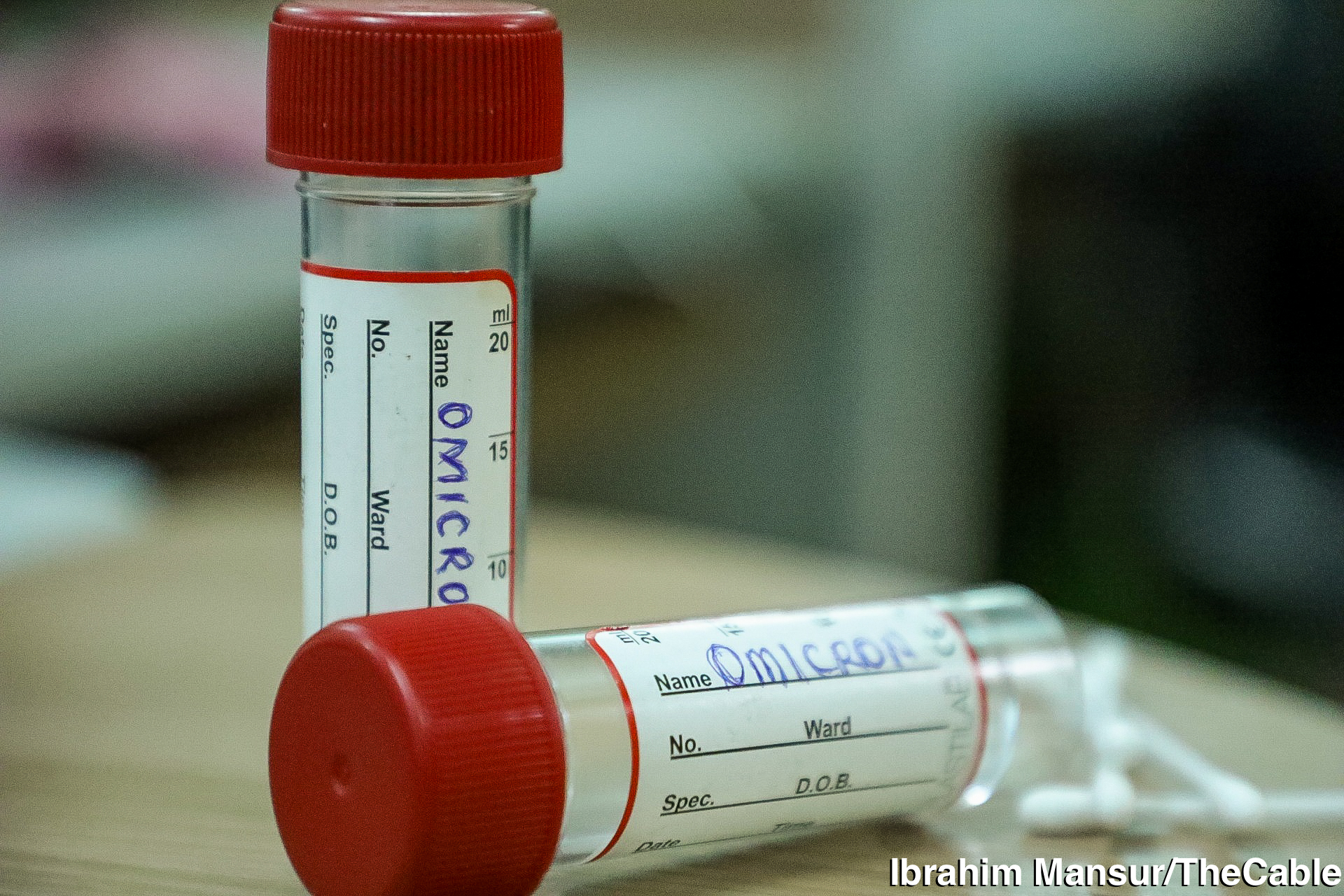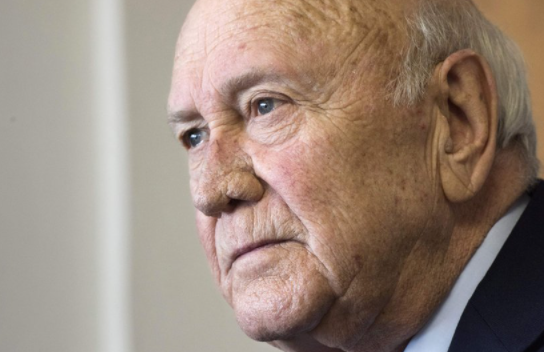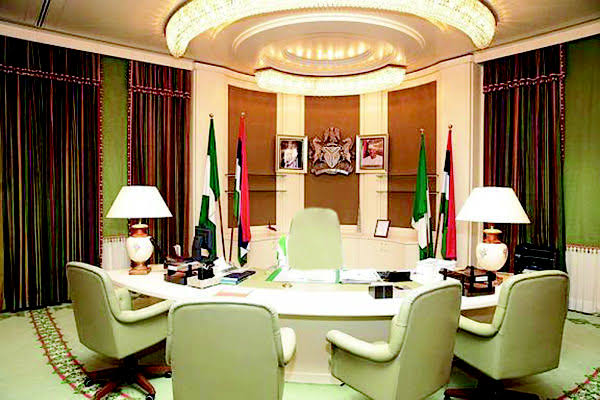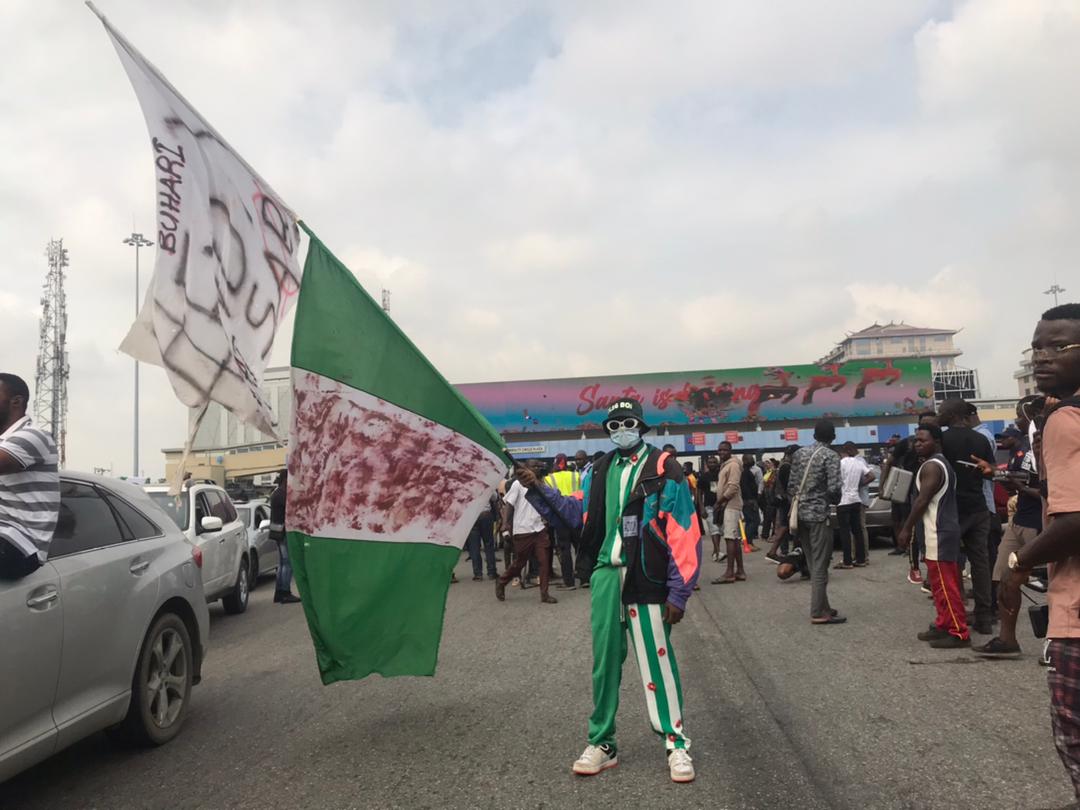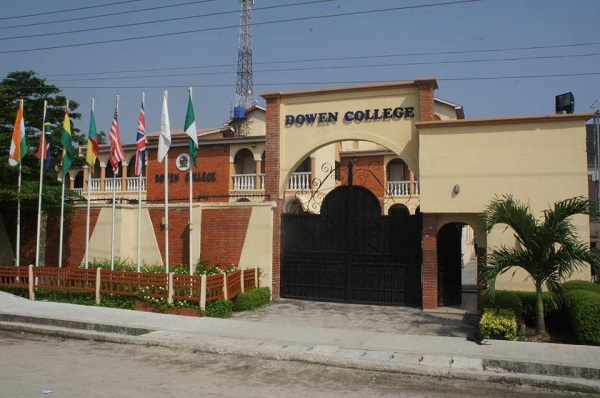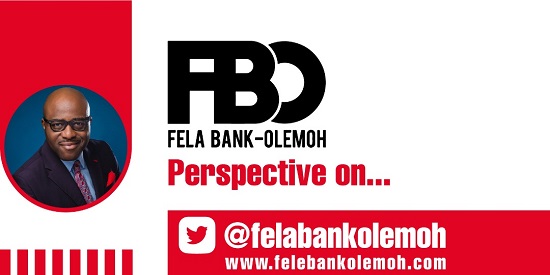Since the emergence or discovery of the Omicron variant of the coronavirus, the world, especially Africa, has been abuzz. Notably, Africans are complaining that the Western world wants to give a dog a bad name to hang it. That is to say, the developed world is pinning the Omicron tag on Africa just to make the continent look bad. Some are calling it Afrophobia. Some others are pointing out the fact that this same variant has been discovered almost contemporaneously in several cities around the world and, therefore, it was disingenuous for anybody to make this variant seem African in provenance. I call this much ado about something. Let me tell you why.
Perhaps, it will be apropos to refresh our collective memory about the damage COVID-19 has done to lives and livelihood the world over beginning from February last year. Like a thief in the night, this virus sneaked in upon the world just after everyone was getting used to the new year. It brought with it fear, confusion, deaths and destruction of businesses especially travel and tourism. At the time of writing this piece, 264 million have been infected with the virus out of which 5.2 million, unfortunately, did not survive. Africa accounts for 3.5% of the infections or 8.7 million with South Africa accounting for 2.9 million of the infections. Total deaths in Africa is 222,276 as follows: South Africa (89,584), Tunisia (25,347), Egypt (19,991), and Nigeria, mercifully (2974)!
Comparatively, Africa has recorded the least number of infections as well as the least number of deaths. This situation has justly been perceived as a miracle and described as a miracle given the economic conditions of the continent and the concomitant poor health infrastructure. Not surprisingly, not much came through from Africa in terms of the medications and other materials used for the treatment of the virus. When it became obvious that a vaccine or vaccines had become inevitable, Africa typically brought nothing to the table. Given the continent’s proclivity to be attracted more to spirituality than practicality, the anti-vaccine campaign penetrated Africa and took a life of its own.
Today, while the rest of the world is counting the number of citizens vaccinated against COVID-19 in millions, Africa is struggling with an unfortunate combination of vaccine hesitancy and vaccine scarcity.
Advertisement
Talking about vaccine hesitancy and scarcity, Africa is the least vaccinated continent in the world. Nigeria, one of the most populous countries in Africa, has vaccinated only about 4.6 million of its over 200 million citizens with only about 9.5 million doses administered. Morocco leads with 48.6 million followed by Egypt with 36.9 million doses and South Africa with 25.6 million doses. Africa is getting vaccines from the following sources; purchases from other countries, donations from Western countries and China and the United Nations-led COVAX initiative. As I earlier premised, no medicine or vaccine was made in Africa, except for Aspen, which got a license to manufacture the Johnson & Johnson vaccine in South Africa. This is how good it is for Africa!!!
The aforementioned is the scenario within which the latest variant of the fast mutating coronavirus has been discovered, allegedly, in South Africa. Before now, the Delta variant, a more virulent strain, had been found in India last year. And so the world is concerned, worried and afraid that Omicron, like Delta, could reverse whatever successes science, scientists and governments have recorded over the coronavirus. The travel bans and other restrictions are rolling in and the world is witnessing another round of economic tremors necessitated by the deleterious implications of the new, yet-to-be-totally-understood Omicron variant. Africa is complaining and accusing the world of ganging up against the continent, which I call much ado about something.
Now, tell me: Why does Africa always position itself as inferior to other continents? Specifically, why do we not have a homegrown cure and homegrown vaccines against the virus? Why do we depend on the rest of the world for survival including loans to fund our economies? On a spiritual note, was Africa not created by God the same at the same time other continents were created? How come we are forever organising pity parties grumbling about how we were colonised and our people sold into slavery? Why couldn’t Africa or African countries colonise countries in Europe and other continents? Are we the black sheep of the universe? Why do our leaders lend credence to the derisive speculation that perhaps, we lack what it takes to take care of our business? Too many questions, my friend.
Advertisement
I have been struggling to understand why Africa is upset with the travel restrictions. At the onset of the pandemic, the whole world came to a total halt. When the Delta variant was discovered, India was shut out of the world, to start with, and then the world went back to a protracted sleep induced by travel restrictions. I, therefore, find it ludicrously disingenuous for Africa to complain about the travel restrictions. Did Africa also not shut its door to other countries at some point? What really is the problem? This is why I believe this particular ado is very much about something: our failure to compete with the rest of the world but rather delight in blaming everyone else except ourselves for our challenges.
What are we going to do? African leaders must start thinking differently. We Africans must start holding ourselves accountable for our woes. This paradigm shift will invariably unleash a sense of pride instead of shame, an attitude of creativity and innovation rather than dependence and backwardness. Above all, we must change our mindset which places spirituality over and above practicality. The cars we drive, air conditioners we use, medicines we use, even clothes we wear are all literally sourced from outside of Africa. We have to wean ourselves from the chronic over-reliance on the Western world for anything and everything. We need the right calibre of leaders to move self-assuredly from our dark and slippery world to the direction of light and might where the rest of the world is headed.
Oparah, a crisis communication expert, sent this piece from Lagos
Advertisement
Views expressed by contributors are strictly personal and not of TheCable.
